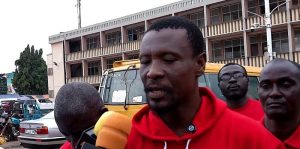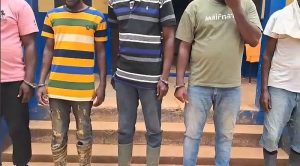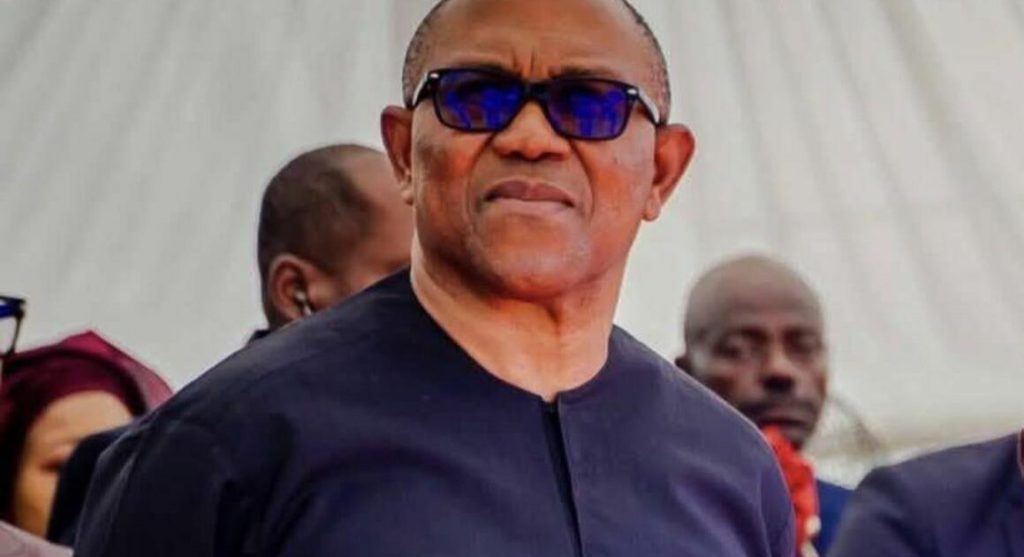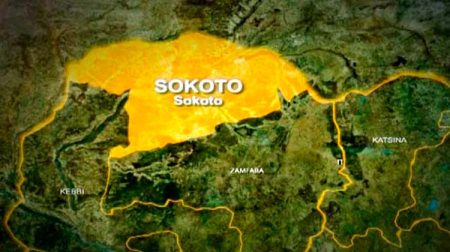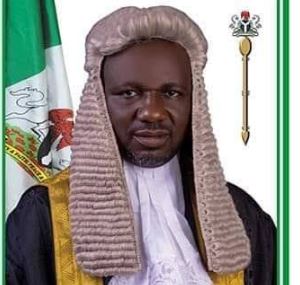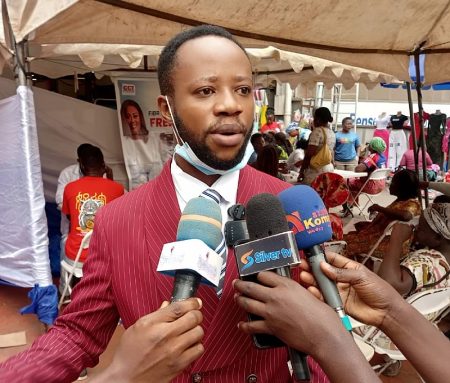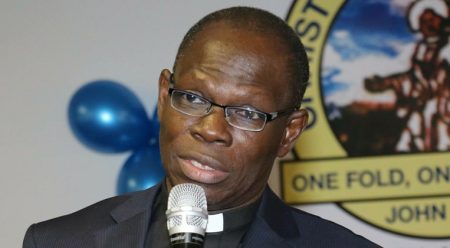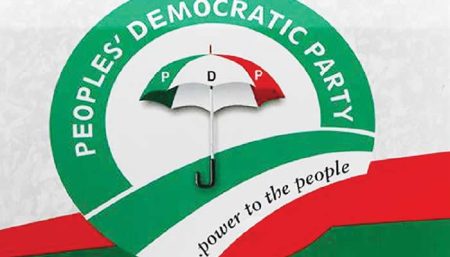The Labour Party (LP) finds itself at a crossroads, grappling with internal dissent and allegations of anti-party activities by prominent members, including its 2023 presidential candidate, Peter Obi. The party’s leadership has yet to schedule a meeting of its National Executive Council (NEC), the body empowered to address these sensitive issues and determine the appropriate course of action. The timing of the NEC meeting remains uncertain, with party officials citing ongoing consultations as the reason for the delay. This postponement adds another layer of complexity to an already delicate situation, leaving the fate of Obi and other accused members hanging in the balance.
The controversy revolves around Obi’s open support for the African Democratic Congress (ADC), a move that has drawn criticism from within the LP. Abayomi Arabambi, the factional National Publicity Secretary, publicly declared Obi’s actions unconstitutional and hinted at his imminent expulsion from the party. Arabambi argues that Obi’s simultaneous involvement with two political parties violates established norms and principles. He accused Obi of actively participating in activities promoting the ADC, despite Obi’s continued assertion of his LP membership. This contradiction lies at the heart of the current intra-party conflict.
Obi’s defense of his actions and his continued claim of LP membership complicates the matter further. He maintains that his support for the ADC does not negate his commitment to the LP, creating a stalemate within the party. The absence of a clear party line on dual party membership contributes to the ambiguity surrounding Obi’s position and the appropriate response from the LP leadership. This ambiguity highlights the need for the NEC to convene and provide definitive guidance on the issue, clarifying party rules and addressing the implications of Obi’s actions.
The delay in scheduling the NEC meeting underscores the challenges facing the LP leadership. Ayo Olorunfemi, the Deputy National Chairman, acknowledges the urgency of the situation and the need for the NEC to address recent developments, including the controversy surrounding Obi and Governor Alex Otti. However, he offers no concrete timeline for the meeting, citing ongoing consultations as the reason for the delay. This lack of a definitive schedule creates uncertainty and fuels speculation about the party’s internal dynamics and its ability to effectively manage the current crisis.
The implications of this internal conflict extend beyond Obi’s individual fate. The controversy threatens to fracture the party, undermining its unity and potentially impacting its future electoral prospects. The delay in convening the NEC exacerbates this risk, prolonging the uncertainty and allowing divisions within the party to fester. The leadership’s ability to navigate this complex situation and reach a timely resolution will be a crucial test of its strength and its capacity to maintain party cohesion.
The LP’s current predicament underscores the delicate balance between individual freedom and party loyalty. While members may have personal political preferences, their actions must align with the party’s overall goals and constitution. The NEC meeting, when it eventually occurs, will be a crucial moment for the LP, providing an opportunity to address the current crisis, clarify party rules, and chart a course for the future. The outcome of this meeting will significantly impact the party’s trajectory and its ability to remain a viable political force.



